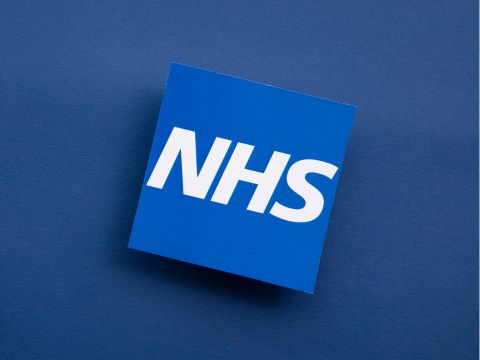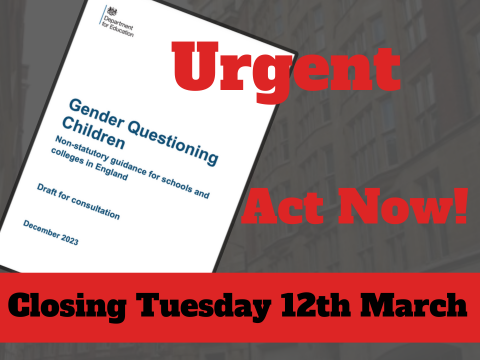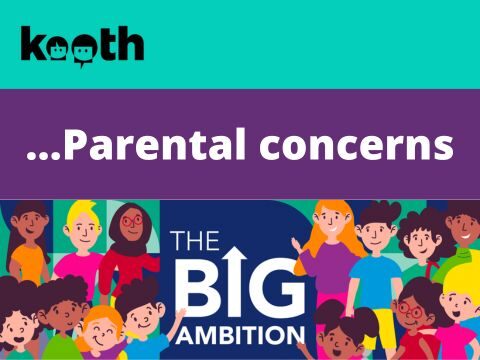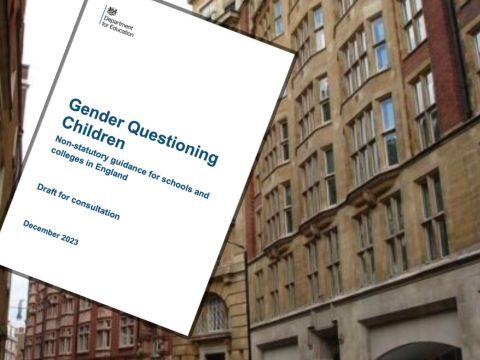

The NHS says it will stop providing puberty-blocking drugs for children with gender dysphoria, save for when the drugs are part of a clinical trial.


“NHS England has carefully considered the evidence review conducted by NICE and further published evidence available to date,” a spokesperson for the NHS said, as quoted by The Guardian.
“We have concluded that there is not enough evidence to support the safety or clinical effectiveness of puberty suppressing hormones to make the treatment routinely available at this time.”
Maria Caulfield, parliamentary under secretary of state at the Department of Health and Social Care, praised the NHS’s course of action, calling it a “landmark decision.”
“We welcome this landmark decision by the NHS to end the routine prescription of puberty blockers and this guidance which recognises that care must be based on evidence, expert clinical opinion and in the best interests of the child,” said Caulfield in a statement shared with media.
“The NHS must ensure its Gender Identity Services protect, support and act in the best interests of children and we will continue to work with NHS England to protect children in this area.”
Former Prime Minister Liz Truss, who remains a member of Parliament, tweeted that she supported the NHS decision and is championing legislation to expand this ban to include private entities.
Last June, NHS England issued interim guidance stating that it will restrict the use of puberty blockers for gender dysphoric children, citing research overseen by Dr. Hillary Cass, the former president of the Royal College of Paediatrics and Child Health.
The government entity also established a Children and Young People’s Gender Dysphoria Research Oversight Board, which was tasked with researching the impact of puberty-suppressing hormones on minors.
Amid an exponential increase in children being referred to an NHS gender identity clinic in the last decade, Cass published an independent review in 2022, finding that “social transitioning” is not a “neutral act” and could have “significant effects” in terms of “psychological functioning.” Her review led to shuttering the Tavistock and Portman NHS Trust’s gender identity clinic in favor of more local clinics.
“The rationale for use of puberty blockers at Tanner Stage 2 of development was based on data that demonstrated that children, particularly birth-registered boys who had early gender incongruence, were unlikely to desist once they reached early puberty; this rationale does not necessarily apply to later-presenting young people, including the predominant referral group of birth-registered girls,” Cass wrote.
“We do not fully understand the role of adolescent sex hormones in driving the development of both sexuality and gender identity through the early teen years, so by extension we cannot be sure about the impact of stopping these hormone surges on psychosexual and gender maturation. We therefore have no way of knowing whether, rather than buying time to make a decision, puberty blockers may disrupt that decision-making process.”
The NHS also proposed guidelines in October 2022 urging doctors not to so easily encourage minors to socially transition by changing their names or pronouns during what may be a “transient phase.”
Michael Gryboski
This article was first published on Christian Today






